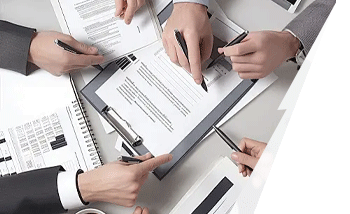Avoid Scams and Shop Smart in China: Advice for Tourists
1.Payment Methods
Most shops and markets in China prefer mobile payments like Alipay or WeChat Pay. Some small stalls may not accept cash.
Foreign visitors can set up Alipay Tour Pass or link WeChat Pay to an international credit card in advance to avoid payment issues.
Major malls and hotels usually accept Visa or MasterCard, but smaller stores or markets might not.
2.Bargaining
You can negotiate prices at wholesale markets, street stalls, and some small shops. Initial prices are usually higher than the final deal.
Always compare prices at a few shops before buying to avoid overpaying.
In big malls or chain stores, prices are fixed, and bargaining is not allowed.
3.Language & Communication
In big cities and tourist areas, some shop staff can speak basic English. In smaller towns or traditional markets, translation apps (like Google Translate or Youdao) are very helpful.
Prepare key Chinese phrases or words (like size, color, price) to make communication easier.
4.Quality & Authenticity
Be cautious when buying luxury goods, branded watches, or electronics at street stalls or unofficial shops—fake products are common.
Check voltage and plug type when buying electronics (China uses 220V with two- or three-prong plugs).
5.Receipts & Invoices
Always ask for a receipt or fapiao at official stores; it helps with returns or warranty claims.
Tax-refund items require a proper fapiao.
6.Tax Refund & Duty-Free
Foreigners can get a VAT refund in certain cities (usually for purchases over ¥500, processed at the airport upon departure).
Hainan and some other locations have large duty-free shopping centers, offering genuine products at discounted prices.
7.Culture & Etiquette
Don’t damage or dirty items while browsing.
In crowded markets, keep an eye on your belongings to prevent theft.
8.Food & Local Specialties
When buying tea, Chinese medicine, or preserved foods, check if they’re allowed for export (some countries have restrictions).
Seafood, dried goods, and meat products should be sealed and comply with customs regulations.

